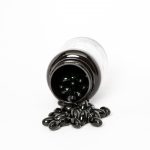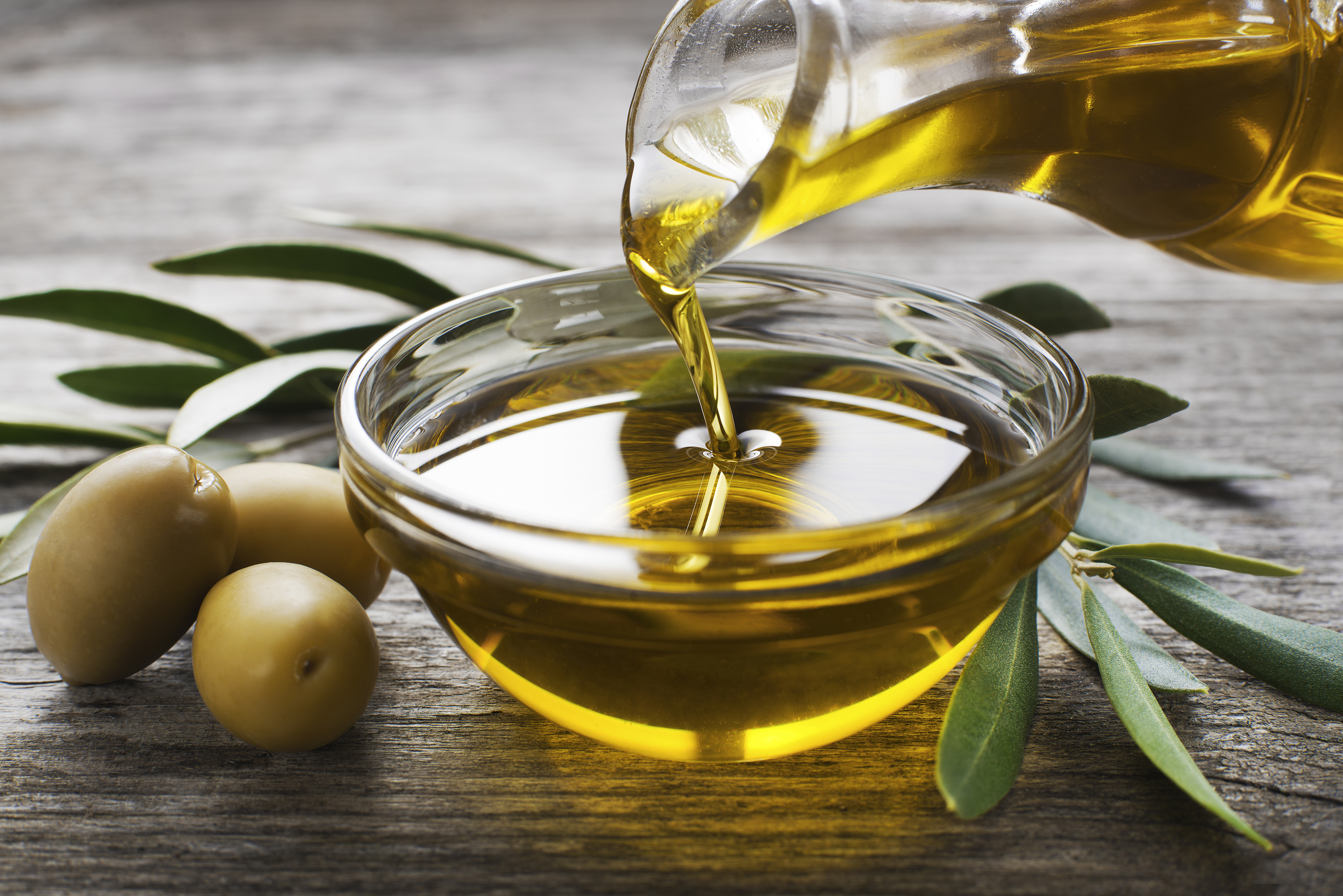
Tips for Improving the Nutritional Status of Infants, Young Children, and Teens
You know good nutrition is essential for the growth and development of young children. But if you have a picky eater at home, sometimes getting those crucial nutrients can be challenging. Here are some tips on how to improve their health with right foods and supplements.
Infants
Infant health: A mother’s milk is the first and foremost food necessary for all infants. It delivers all of the essential nutrients a baby needs from the mother’s body reserves. This is why it is essential to eat healthy after giving birth, during the lactation period. Healthy food choices help produce nutritious breast milk for the baby. If you are breast feeding your baby, include the following in your diet:
• Healthy fats from coconuts, nuts and seed
• Essential fats (Omega-3) from salmon, chia and flax seeds
• Plenty of leafy greens
Choose food from all seven colors of a rainbow to ensure you are getting a proper variety of nutrition.
A mother who eats this was will take care of the infant’s complete nutritional requirements via her breast milk. There is no need for supplementing babies, unless your pediatrician asks you to do so for a particular reason. It’s best to wait until the baby is 1.5 years to 2 years to start nutritional supplements.
Toddlers
Toddlers (1- 2 years): Toddlers will start developing taste patterns around this age. It is not uncommon for toddlers to become picky eaters and that can be challenging for parents who want to provide proper nutrition. Physical growth and motor development also increase so it is important to include:
• Different colored vegetables: Orange carrots, red tomatoes, purple egg plants
• Dark leafy greens: Spinach, kale, swiss chard etc and dark veggies like broccoli etc. This will ensure that your child gets all of the nutrients from each vegetable.
• Nuts & Seeds: Gradually introduce nuts and seeds during this stage. Either in the crushed form, or whole nuts. Be careful while introducing peanuts as some children tend to be allergic. Whole peanuts are better than peanut butter. Another alternative to peanut butter is almond butter and cashew butter which are rich heart healthy mono-unsaturated fats.
Be patient with your child and introduce a variety of foods during this age. In most cases, parents are the role models for eating. If you choose and eat healthy your child will likely follow you. Toddlers often touch and smell new foods but may not actually eat them. Allow some time with food, repeated exposure to new food may increase the chances of a child trying it. The best strategy to get a child to try new foods, is to talk about the smell, color and shape.
Toddler Supplements: Two important supplements I recommend are:
- Krill Oil: Krill oil provides the omega- 3 fats EPA (Eicosa pentaenoic acid) and DHA (Docosa hexaenoic acid). These fats are essential for proper immune function, brain health and nerve development in young children.
- Herring Roe oil (from Herring eggs): This is also an excellent source of omega- 3 fats. Along with EPA and DHA herring also provides astaxanthin and choline. Choline is necessary for healthy brain function. It helps in nerve development and supports memory.
Add a drop of either of these oils in your toddler’s soup or sauce to ensure he/she is getting these important nutrients. When you purchase krill oil or herring roe oil, be sure to buy a high quality product from a certified manufacturer.
Young Children (Preschool & School Years)
By the time toddlers reach preschool age, they will have developed a liking for specific foods and often shun certain food groups. Sometimes, entire food group like grains, or dairy is skipped. This type of eating pattern is short-lived and there is nothing to worry about. However, keep introducing these foods in different forms from time to time. Nutritional supplements help compensate for the poor eating pattern of a child. Your doctor may assess your child’s eating habits and recommend dietary supplements to meet the growing needs.
Other tips to encourage healthy eating
• Take your children with you to the grocery store. If they choose certain fruits or vegetables, they are most likely to try them.
• Encourage healthy eating options. For example, instead of a pack of apple juice show them a whole apple is healthier.
• Involve your child in the meal making process. Washing the vegetables, stirring the batter, or setting the table.
These trivial things can make the difference between a pleasant meal time or a battle.
Supplements for School Aged Children
Continue with omega-3 supplements. They are anti-inflammatory, protecting them from various diseases, heart healthy, while supporting immune function. You can also supplement their diets with omega-3 rich foods like almonds, walnuts etc. They are high in omega-3 fats Alpha linolenic acid (ALA), which is essential for protecting your nerve and brain health. Non-plant sources include wild caught salmon, and fresh water trout.
Caution: Never give tuna to children. Tuna is contaminated with mercury and other heavy metals. Because Tuna contains high levels of mercury, it is very damaging to the brain of young children and may lead to impaired development.
Nutritional needs of children differ by age. These tips are some common guidelines to help you make healthy choices. Model positive eating. I cannot stress this enough. Discourage eating lunch or dinner while watching television. Too much TV or any other screen time encourages weight problems and obesity.
You may also like
Leave a Comment
You must be logged in to post a comment.







0 Comments